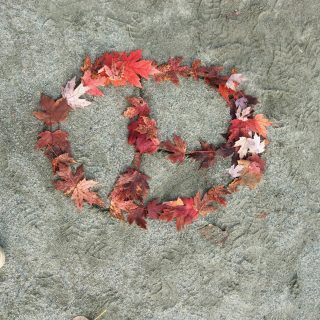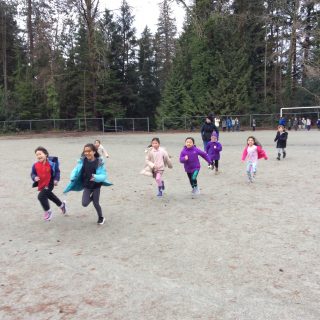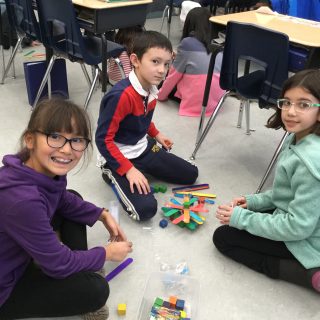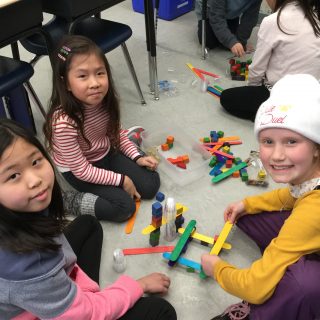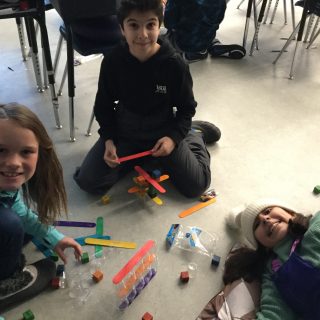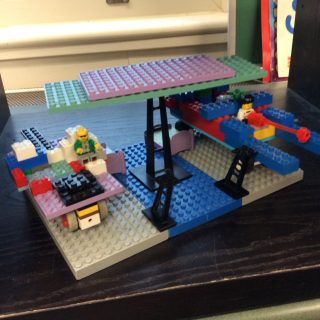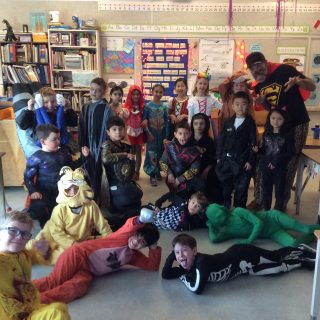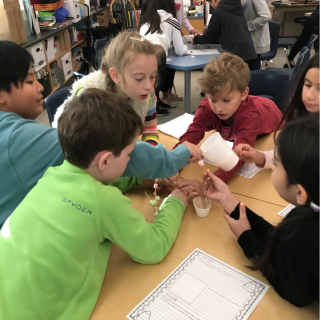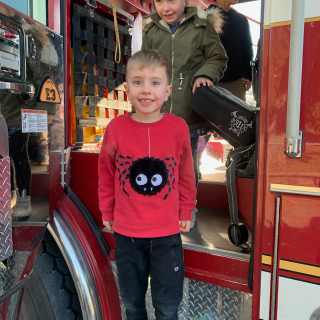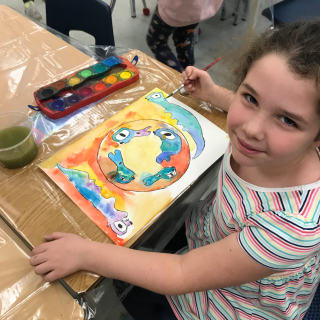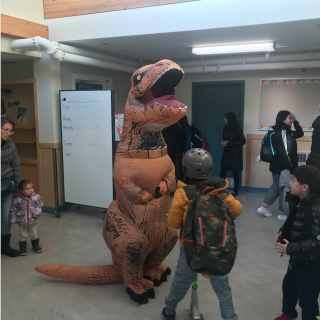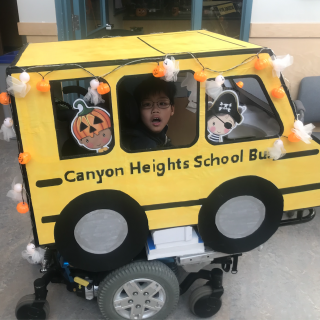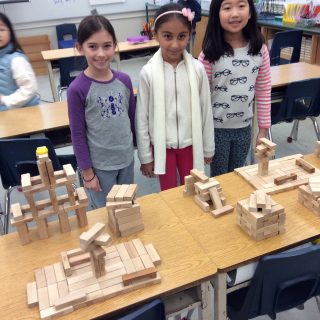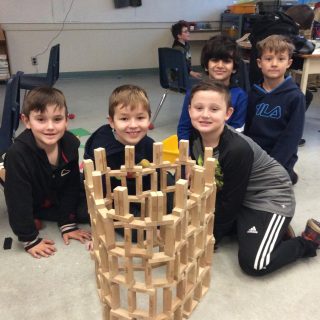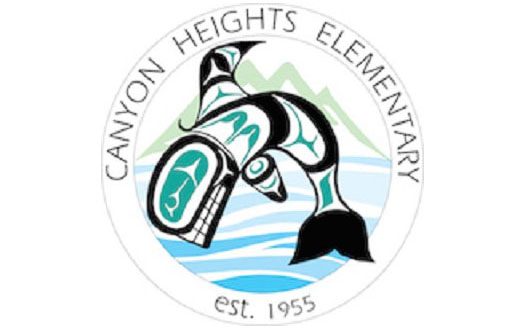Vision to Goal Setting
What is our Vision for Learning?
Traditional Welcome and Acknowledgement
We would like to thank the Coast Salish people, specifically the Squamish Nation and Tsleil-Waututh Nation, whose traditional territory North Vancouver School District and Canyon Heights reside on. We value the opportunity to learn, live, and share educational experiences on this traditional territory.
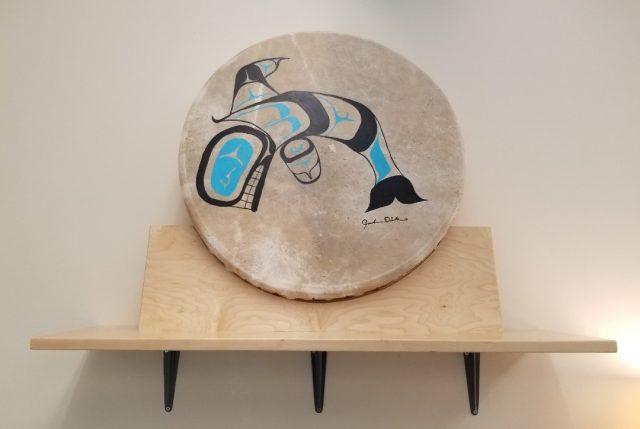
Canyon Height’s school plan is driven by our Vision Statement, the First Peoples Principles of Learning and our guiding beliefs.
Our Vision Statement
Canyon Heights aspires to develop caring, creative thinkers who are resilient, responsible and engaged members of a global community.
First Peoples Principles of Learning
- Learning requires exploration of one’s identity
- Learning involves patience and time
- Learning is holistic, reflexive, reflective, experiential and relational (focused on connectedness, on reciprocal relationships and a sense of place)
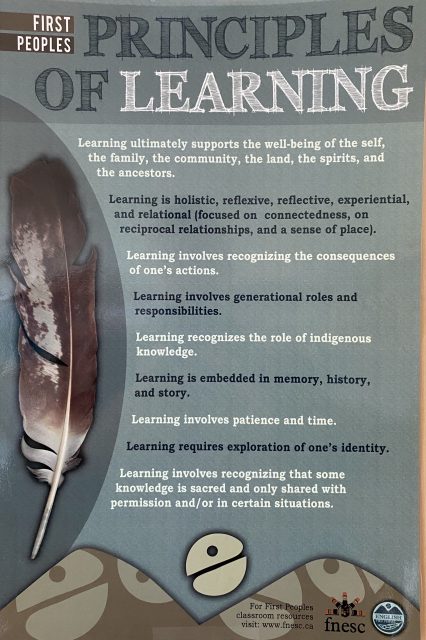
Our Guiding Beliefs
- Respect and Kindness creates a safe and positive learning environment
- Self regulation and Self management build resiliency and empathy
- Teamwork and collaboration are necessary to flourish
- Diversity makes us stronger, kinder and inclusive
- Strong student, staff and parent connections are key for student success
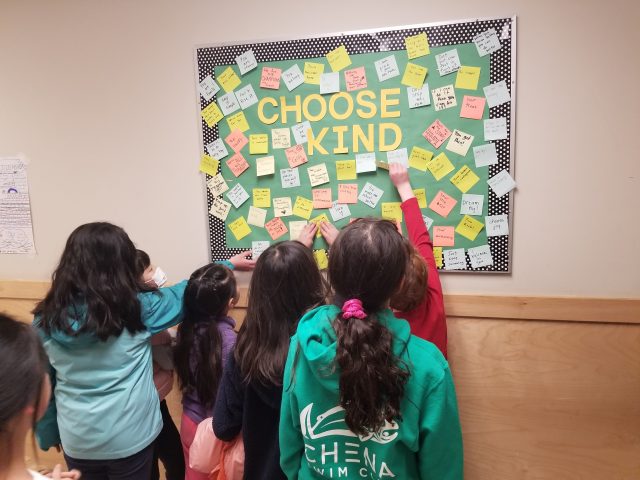
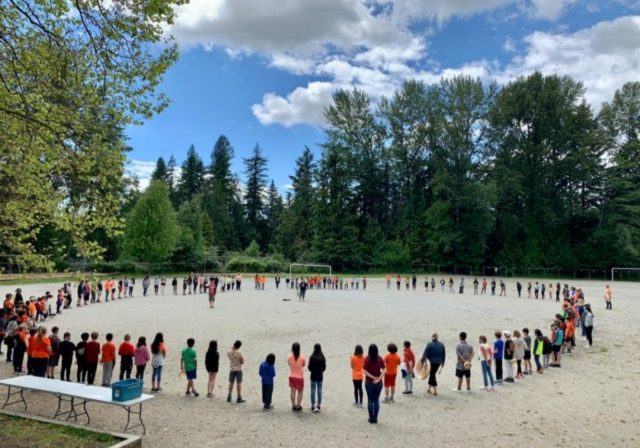
School Plan Goals
To improve all learners sense of belonging, academic success, and positive behaviour through the intentional and systemic teaching of Social Emotional Learning (SEL) competencies embedded in the First Peoples Principles of Learning.
School Goal #1
To continue to build school and community sense of belonging – Canyon Heights Cares
Action Plan #1a
All members of our learning community will have awareness and understanding of the five domains of CASELs Social Emotional Learning Framework and how they connect to the First Peoples Principles of Learning.
Action Plan #1b
All members of our learning community will use the shared language of the Second Step and/or Open Parachute programs and connect to the First Peoples Principles of Learning
Action Plan #1c
All members of our learning community will implement the Canyon Heights Cares framework, We Care for Ourselves, We Care for Others, We Care for the Community through weekly classroom community circles and/or classroom meetings.
School Plan Goal #2
To build a shared language and common understanding of Standards Based Assessment through the implementation of the Provincial Proficiency Scale among staff, students and community.
Action Plan #2
Teachers use the four-point provincial proficiency scale to communicate student progress in all areas of learning. The four points on the scale include Emerging, Developing, Proficient, and Extending.
Students will gain an understanding of our shared assessment language of Emerging, Developing, Proficient, and Extending.
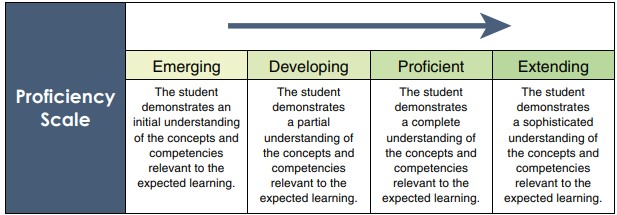
Students will gain an understanding of our shared assessment language through the development of personal growth goal(s) in consultation with their teacher and guardian(s).
Planning & Implementation
What is our Action Plan?
An action plan puts on paper steps towards a goal a community wishes to achieve. At Canyon Heights, our action plan centers on finding a way to slow down to find time to focus on our individual students, build kindness and community through social emotional learning.
In alignment with the North Vancouver School District, our school is guided by our core values of trust, respect, responsibility and collaboration and by the four pillars of educational practice. At Canyon Heights, we believe that Social Emotional Learning (SEL) is the foundation for all learners success. These Social Emotional skills need to be modelled in our everyday interactions, intentionally taught in our classrooms and continually reinforced.
Values
Respect/Kindness
Responsibility
Trust
Collaboration
Beginning in the Fall of 2018, Canyon Heights administration collected data from students, staff and parents asking what makes Canyon Heights a positive place to learn? From this we explored our strengths and stretches as a community which lead to our Social Emotional Goal. Staff believe that Canyon Heights Elementary School is a vibrant learning community where all learners should feel a sense of belonging, where diversity is honoured, and where all students are valued for their individual strengths.
All members of Canyon Heights Learning Community committed to building a foundation of social emotional well-being reflected in the First Peoples Principles of Learning for every student in order to enable personal and academic growth.
And then, COVID-19.
How does a school community create a greater sense of belonging, when a global pandemic closes the doors to our school?
You get very creative!
During lockdown and the proceeding 2020/2021 school year, under the protection of masks and the confines of learning cohorts, our school community was reminded of how important we were to each other.
It started on a computer screen; a place where students could reconnect with their peers and teachers. Academics took a back seat to ensuring our students understood their importance of their place in our community.
As our school began to live with COVID-19, our sense of belonging was increasing and our students found their voices. The ideas were shared and a deeper understanding of our school goals and next steps were created.
Even through the challenges of social distancing, masks mandates, and virtual learning, the staff at Canyon Heights made creating a sense of belonging for all students the priority.
School Plan Goals
To improve all learners’ sense of belonging, academic success, and positive behaviour through the intentional and systemic teaching of Social Emotional Learning competencies embedded in the First Peoples Principles of Learning. School planning is a process, not an event. The plan must evolve, just as the needs of our students does. We took what we learned from our student survey, and put ideas into action. The following goals represent that process.
School Goal #1
To continue to build school and community sense of belonging – Canyon Heights Cares. Continue to support intentional teaching of SEL through the First Peoples Principles of Learning, the CASEL Frameworks Core Competencies and the Second Step Program.
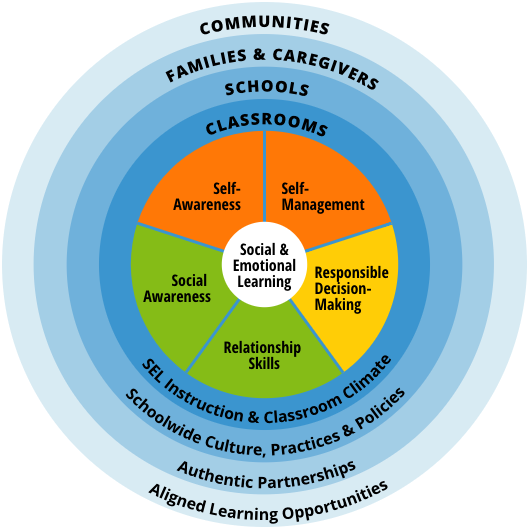
Figure 1.0 CASEL Framework
Action Plan #1
All members of our learning community will have awareness and understanding of the five domains of CASEL Social Emotional Learning Framework and how they connect to the First Peoples Principles of Learning.
Learning Target 1: Develop and reinforce a sense of belonging for all
Strategies:
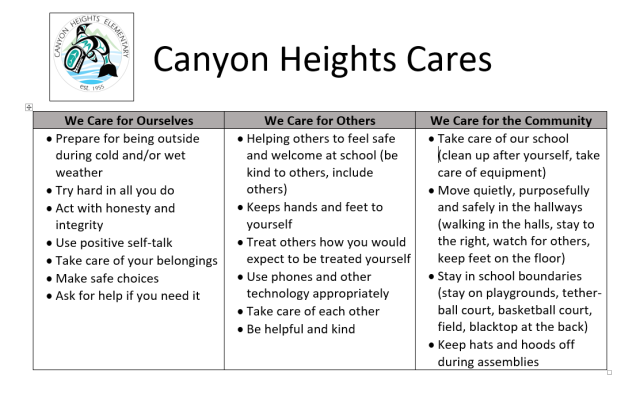
School Clubs
- Equality Club
- Video Game Club
- Checkers Club
- Chess Club
- Cariboo Math Club
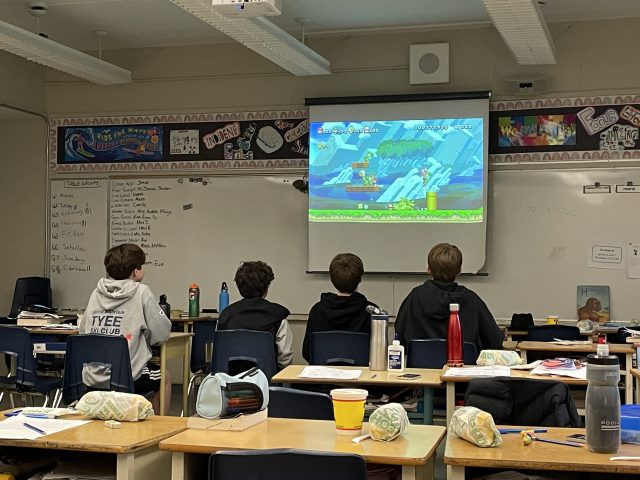
Extracurricular Teams
- Cross Country
- Basketball
- Tripleball,
- Ultimate
- Track & Field
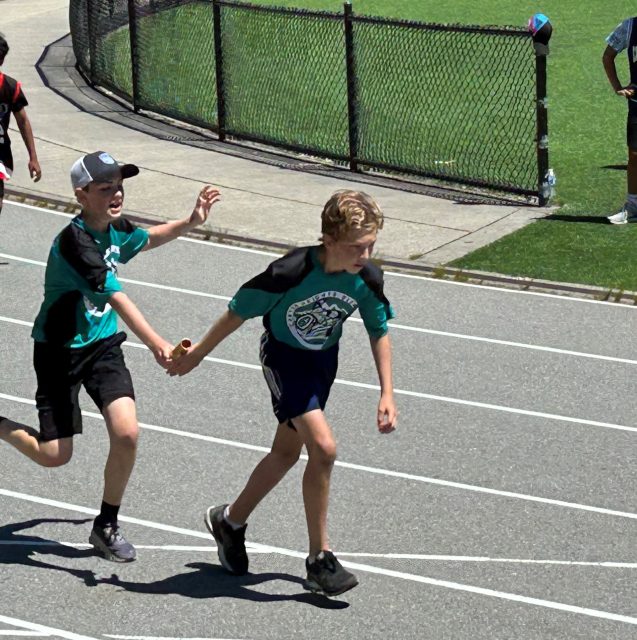
Spirit Days
School mascot, Bob
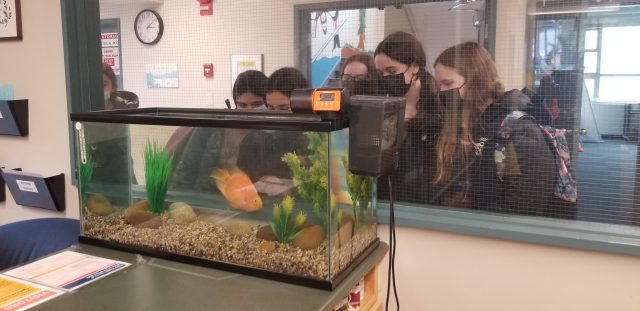
New school mural painting
Coast Salish Art workshops
School Wide Drum making
Coast Salish Anthem
Logo Celebration of Orca (Guardians of the Seas)
PAC Logo merchandise Coast Salish Art workshops
Indigenous Ways of Learning
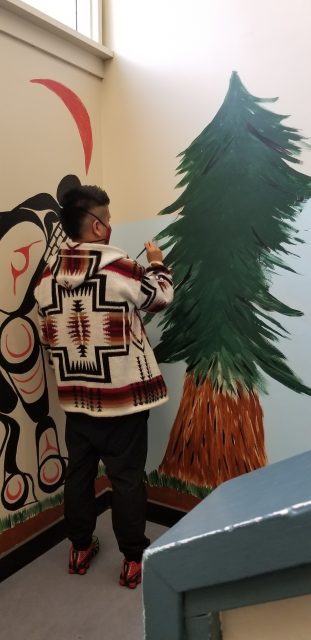
School Plan Goal #2
To build a shared language and common understanding of Standards Based Assessment through the implementation of the Provincial Proficiency Scale among staff, students and community.
Action Plan #2
Teachers use the four-point provincial proficiency scale to communicate student progress in all areas of learning. The four points on the scale include Emerging, Developing, Proficient, and Extending.
Students will gain an understanding of our shared assessment language of Emerging, Developing, Proficient, and Extending.

Dedicated professional development towards a deep understanding of the Provincial Proficiency Scale
Dedicated Collaboration Workshops on New Reporting Order
Collaborative Inquiry Grant Book Clubs
- Learning that Transfers: Designing Curriculum for a Changing World – Stern, Ferraro, Duncan & Aleo
- Conceptual Understanding: Harnessing Natural Curiousity for Learning that Transfers – Stern, Lauriault & Ferraro
Monitor Evaluate & Adapt
What are our Indicators of Progress?
School Planning Team
Canyon Heights Core Leadership Team represents the voice of all of Canyon Heights educational stakeholders and makes recommendations to guide our actions. It is a voluntary team which also provides leadership in the school planning process. The staff team worked on the School Plan initially and then student and parent representatives joined later in the process. Each member provided valuable voices to the school planning and the NVSD Strategic Planning process.
The team currently includes:
Staff Representatives:
Kevin Ward, Principal / Sarah Dawson, Vice Principal / Catie Corbett, Intermediate Teacher / Andrea Waich, Primary Teacher / Andrea McLennan, School Counsellor / Spencer Angus, Education Assistant /
Student Representatives:
Parya Sharifi / Jamie Stewart / Nila Kia / Ryan Hamidi / Elsa Beattie / James Hollings / Lucy Dalziel / Alexa Candlish / Matthew Rosemarin / Anahid Erfan / James Alexander
Parent Representatives:
Tonette Candlish / Alisha Stewart
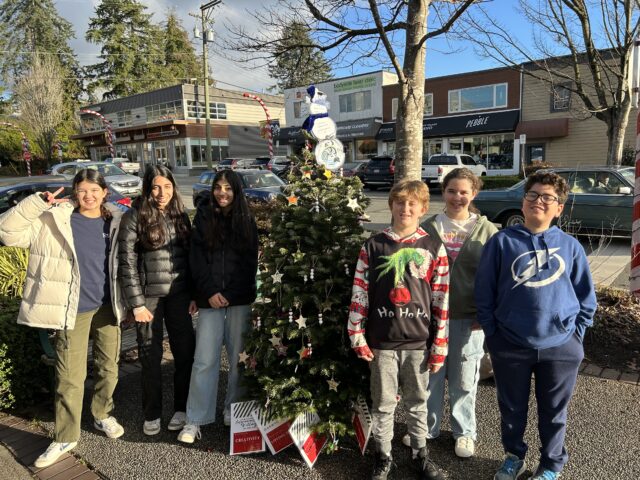
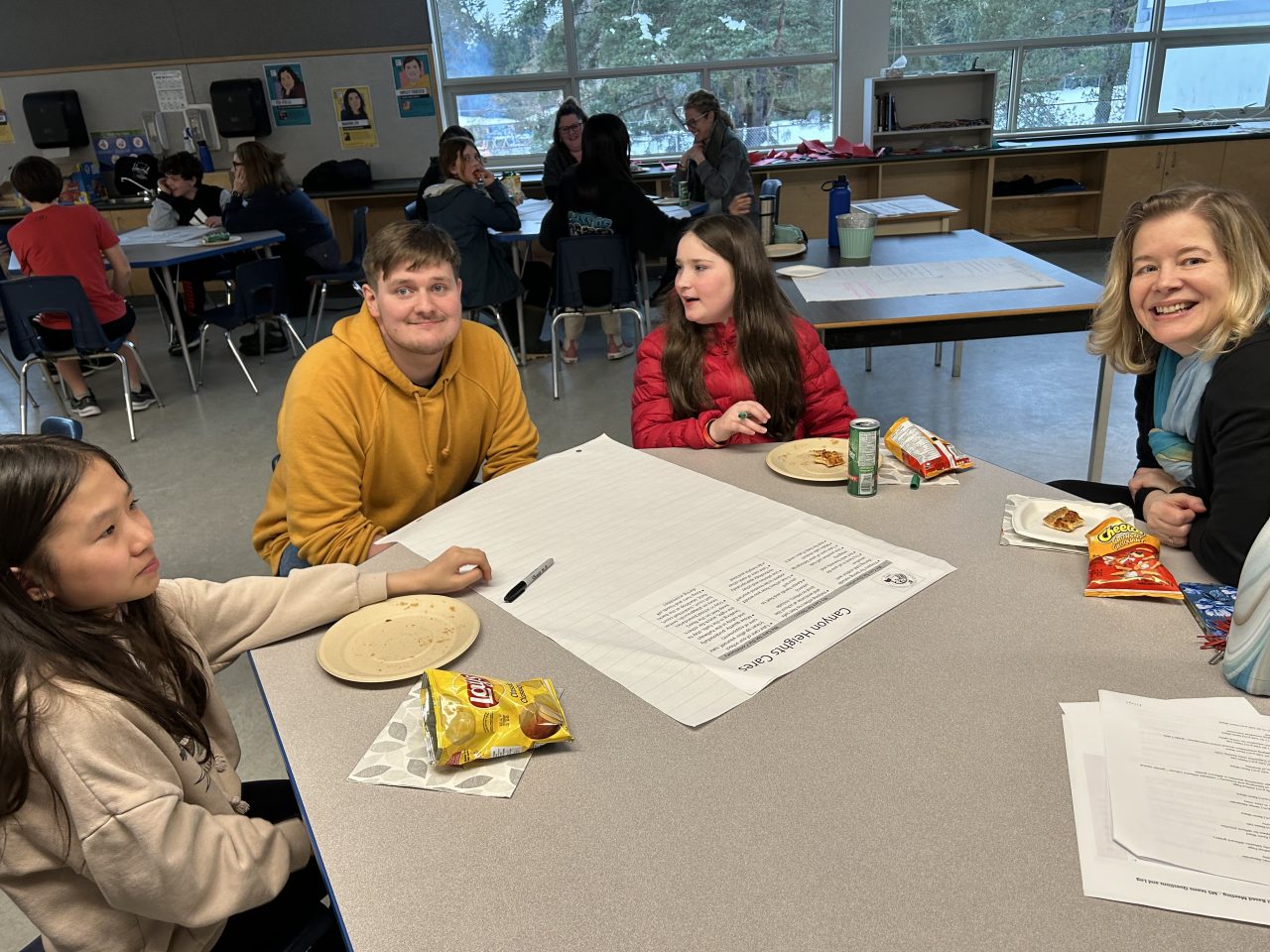
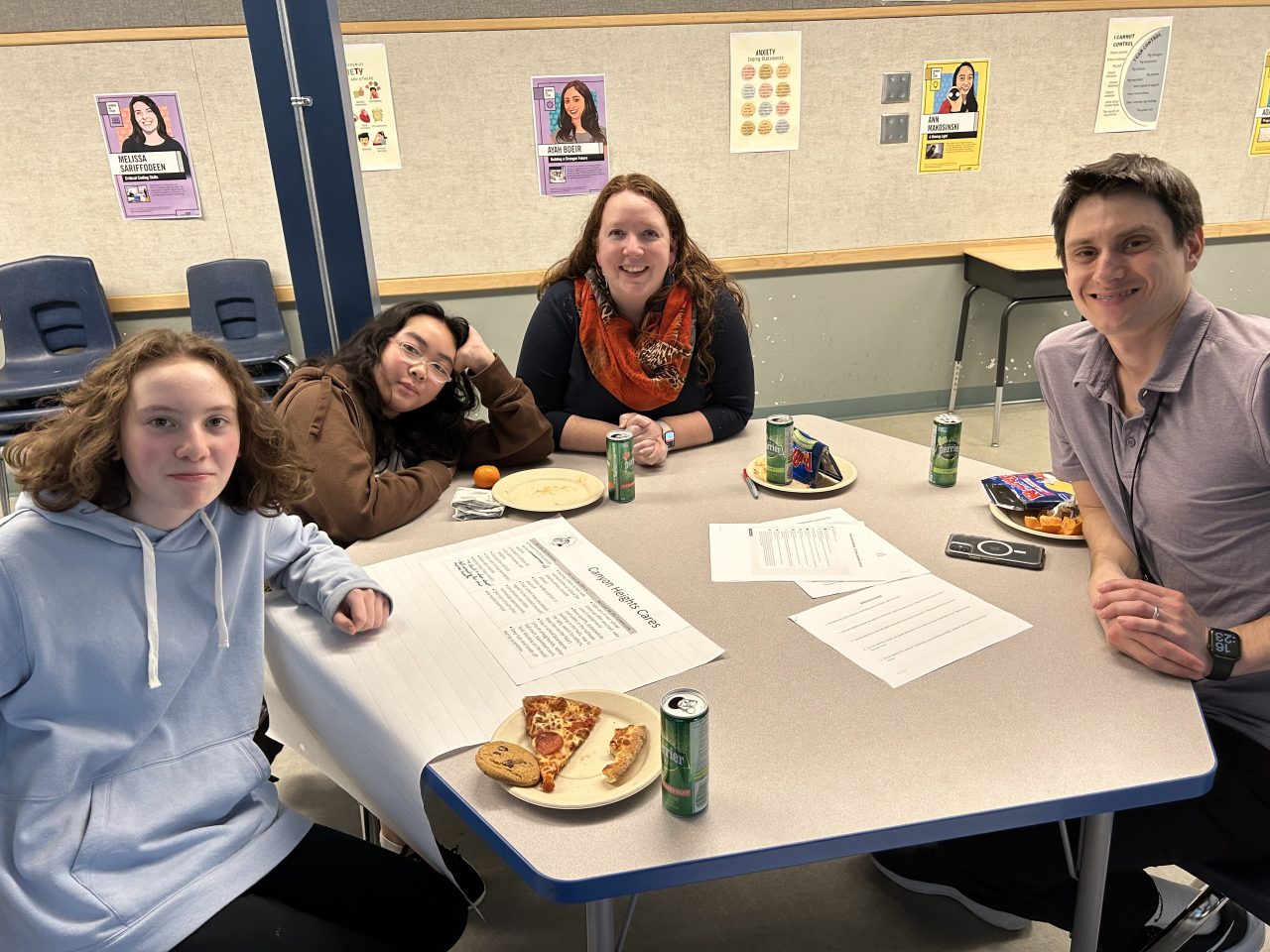
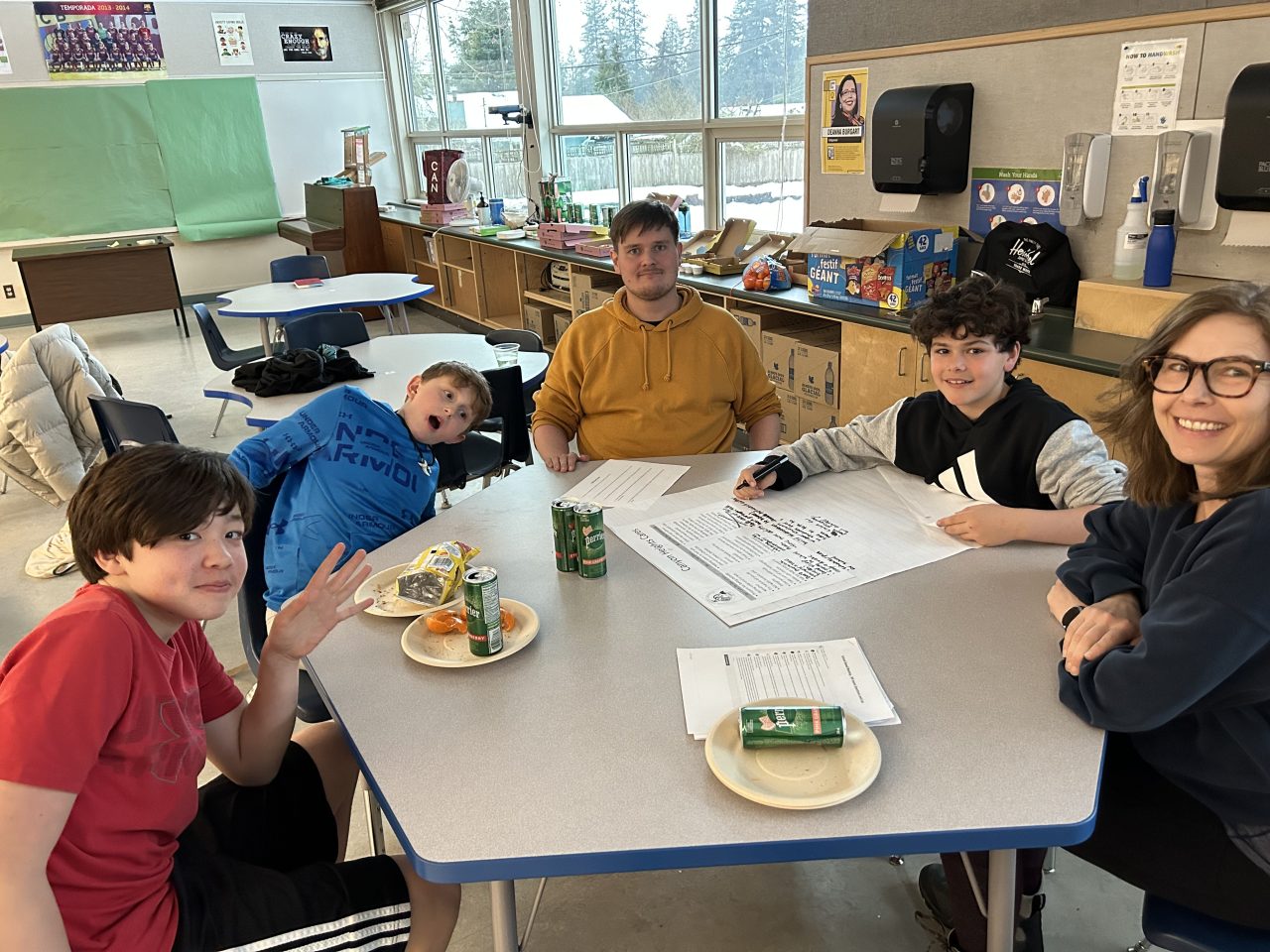
At Canyon Heights, staff are continually learning and growing their skills in order to improve the overall educational opportunities for our students. We have committed to the following actions and learning:
Whole school commitment to Social Emotional Learning Goal
Commitment to learning – Collaboration Time, Staff Meetings, Professional Development to focus staff learning on increasing our knowledge and understanding of the CASEL framework of Social Emotional Learning
Building a common understanding and language among the adults in our learning community
Commitment to the alignment of our Canyon Heights Code of Conduct to our focus on Social Emotional Learning through Canyon Heights Cares framework
Incorporation of the Indigenous Worldview
Ongoing and improved communication and resource sharing with parent community
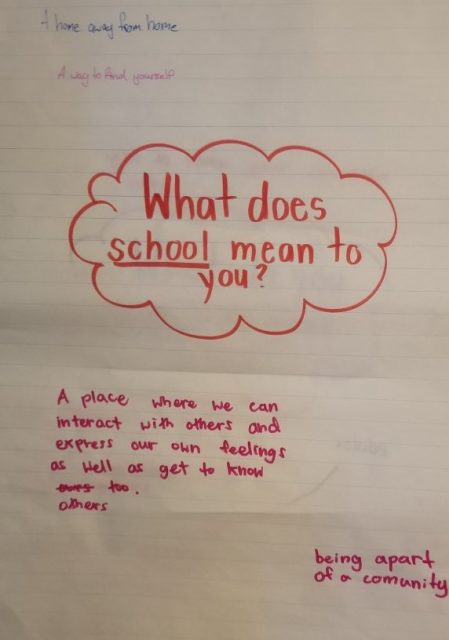
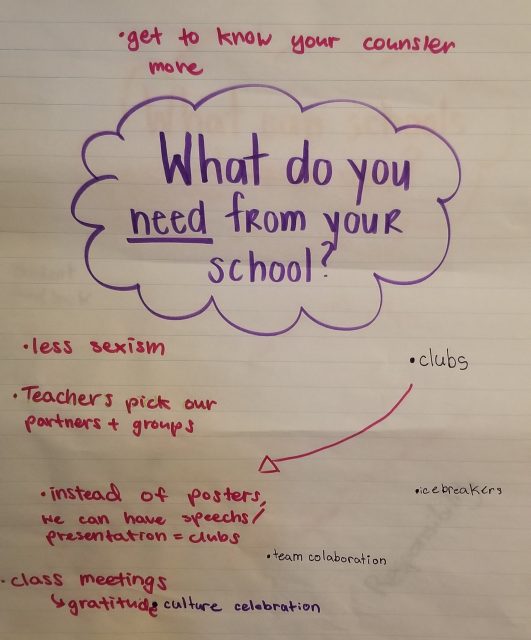
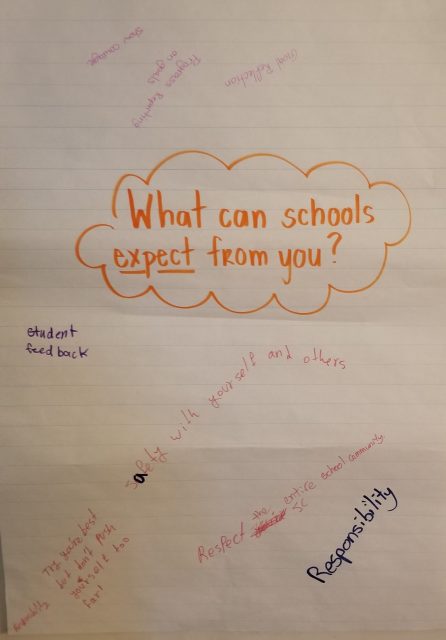
Learning together on Professional Development Days, Collaboration Days, and at Staff Meetings are essential ways for staff to monitor progress in relation to our school goals, make any adjustments that may be needed, and ensure that we are continuing to grow as a Vibrant Learning Community.
Canyon Heights Revised Code of Conduct
In the 2018, year the School Code of Conduct was revised to support our SEL goals and highlight our focus on Social Emotional learning, Kindness and Collaborative Problem Solving. In 2023/23 school year we reimagined our code of conduct to Canyon Heights Cares.
Strategic Action Plan
The Core Team have determined that we will focus on each of the 5 components of the CASEL framework through the intentional teaching of the Second Step program: Self Awareness, Self-Management, Social Awareness, Relationship Skills and Responsible Decision Making.
Year 1 and 2 (2020/2021)
This will be a multi-year process beginning with:
1. Self Awareness is defined as the ability to accurately recognize one’s own emotions, thoughts, and values and how they influence behaviour. The ability to accurately assess one’s strengths and limitations, with a well-grounded sense of confidence, optimism, and a “growth mindset.”
Learning Targets
1.To accurately identify and name our emotions.
2. To recognize that our emotions are temporary and they will and can change.
3. To recognize our strengths and our stretches.
4. To show confidence that we can handle our daily tasks and challenges.
Universal Strategies
1. Regular announcements using Second Step language of skills for learning, empathy, emotion management, and problem solving standing item on primary and intermediate team agenda.
2. Community communications of Second Step learning stories and school clubs.
Targeted Strategies
1. Commitment of two SEL focused teaching times each week built into all classroom schedules.
2. Classroom teachers to plan with support from Core SEL team to support progress it the classroom.
3. Staff provided with thorough resource list (picture books, websites, possible lessons) to incorporate into instruction.
Intensive Strategies
1. SEL language to be used when preparing Positive Behaviour Support Plans Individual or small group direct teaching by School counsellor/Learning Services Teachers (LST)/Education Assistants
Indicators of Progress
Office referrals – significant decrease by 60%
School Based Resource Team referrals-Teacher to Diversity checklist
Anecdotal evidence – dialogue
Increase in student ability to identify needs/feelings
Increase in student self-advocacy
Increase in positive problem solving strategies
Increase in School Clubs
Increase in Collective Efficacy
Increase Connectedness to a Trusted Adult
Future focus will continue to use the following components of the CASEL Framework as supported by the Second Step School Wide Program.
2. Self Management is defined as the ability to successfully regulate one’s emotions, thoughts, and behaviours in different situations – effectively managing stress, controlling impulses, and motivating oneself. The ability to set and work toward personal and academic goals
Year 3 and 4 (2022 & 2023) Canyon Heights Cares Framework
3. Social Awareness is defined as the ability to take the perspective of and empathize with others, including those from diverse backgrounds and cultures. The ability to understand social and ethical norms for behaviour and to recognize family, school, and community resources and supports.
4. Relationship Skills are defined as the ability to establish and maintain healthy and rewarding relationships with diverse individuals and groups. The ability to communicate clearly, listen well, cooperate with others, resist inappropriate social pressure, negotiate conflict constructively, and seek and offer help when needed.
5. Responsible Decision-making Skills are as the ability to make constructive choices about personal behaviour and social interactions based on ethical standards, safety concerns, and social norms. The realistic evaluation of consequences of various actions, and a consideration of the well-being of oneself and others.
https://casel.o
Communicating Progress
How do we Communicate our Progress?
HOW DO WE COMMUNICATE OUR PROGRESS?
Collaboration and Communication
Staff at Canyon Heights have identified a major area of focus for our School Action Plan: Implementing components of the Core SEL competencies in collaboration with Second Step lessons.
These skills are being taught throughout the school community and within our classrooms to ensure that all stakeholders receive the same message to create a sense of belonging.
Collaboration through Professional Development Days, staff meetings, and resources shared each Friday via email allow for richer discussion to occur between colleagues.
In our school planning meetings our student representatives identified two areas of weakness regarding communication.
Trusted Adults: Due to COVID restrictions, students felt their access to adults they felt comfortable sharing and problem solving with was limited.
Community Circles: Students identified community circles as a way to combat this communication lapse and an entry point for adults to create positive relationships with students outside their own classroom community. Students suggested inviting other staff members throughout the school community to classroom community circles. This will be a proposed goal for our 2022/2023 School Plan.
Social Emotional Learning is one of the Four Pillars of Educational Practice (Curriculum, Instruction, Assessment and Social Emotional Learning). At Canyon Heights, we believe the skills that students learn are the foundation for their academic success, their positive behaviour and their strong sense of belonging.
Please see the attached link to Second Step information videos that will help deepen parents understanding of the program and its intention for the students at Canyon Heights.
https://www.youtube.com/channel/UCU3fYcLfSY30EhAFaB01afQ
Communication Outlets
Weekly Updates: What’s On at Canyon Heights via school messenger
Classroom Newsletters: sent out by individual teachers
Parent Advisory Council meetings: monthly throughout the school year
Information nights: virtual meetings for parents to become informed on what their children are learning (Body Science, Second Step etc.)
School Planning Website: Canyon Heights Elementary – District Educational Plan (sd44.ca)
Second Step Update
For the 2019/2020 school year, Canyon Heights students have been exploring the areas of Social Emotional Learning (SEL) through the NVSD Pilot program and PAC supported Second Step. The PAC has generously supplemented the Pilot Program by supplying funds to allow for the purchase of a Second Step Learning Kit for each grade group Kindergarten through grade 5.
This social emotional learning continues during the 2021/2022 school year through direct instruction based on the Second Step curriculum. Please click on the links below to see samples of Second Step in action.
Sample Lessons – Grade K-7
Latest Progress & Updates
Community Projects
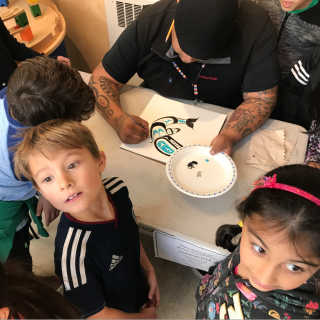
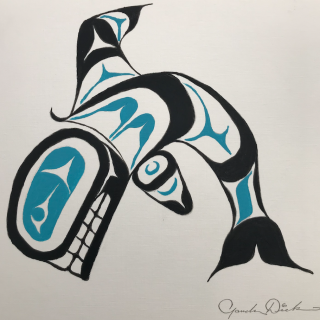
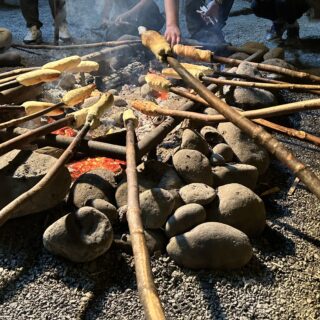
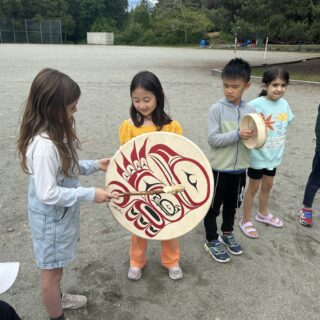
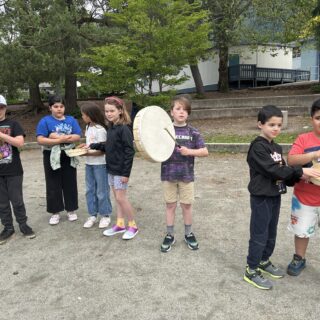
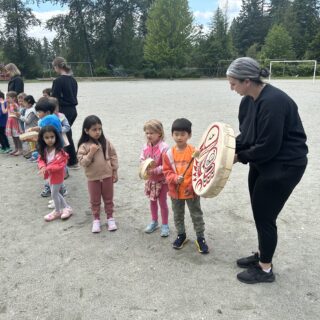
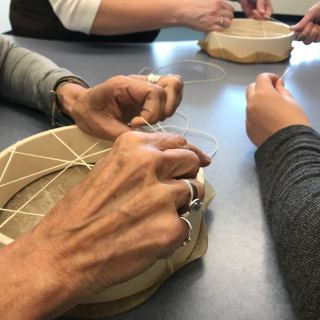
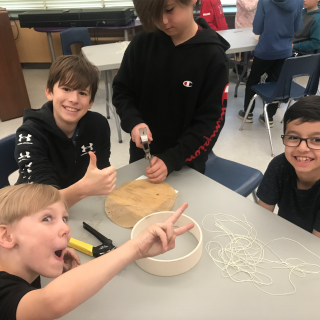
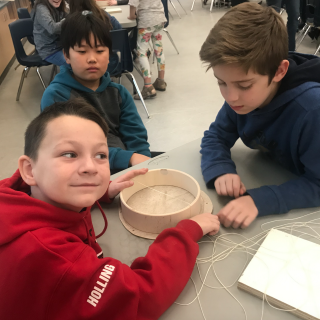
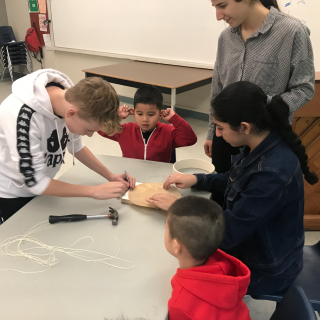
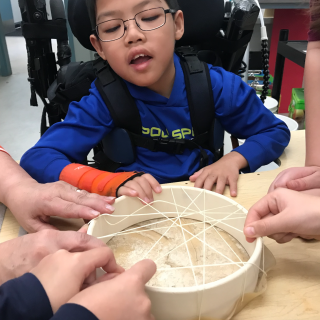
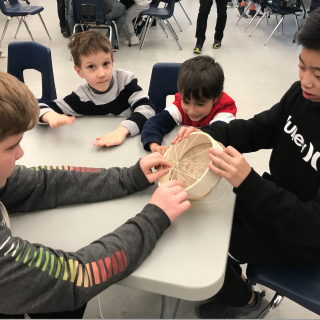
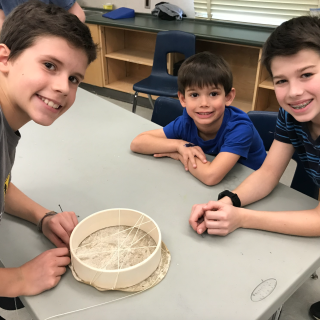
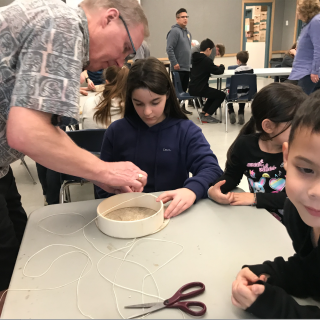
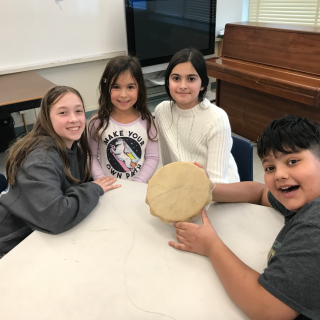
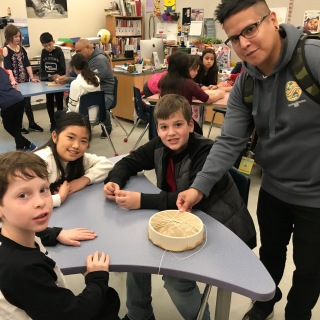
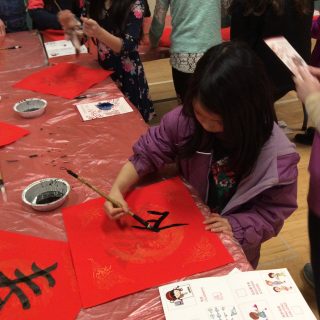
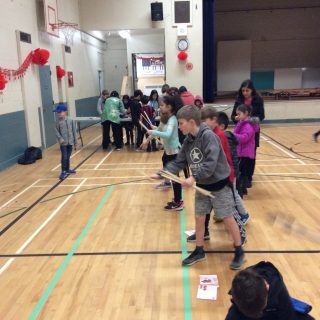
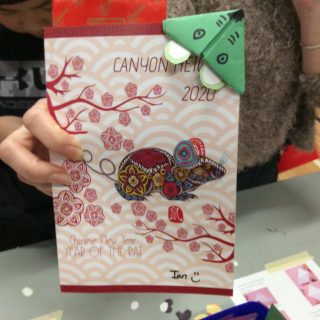
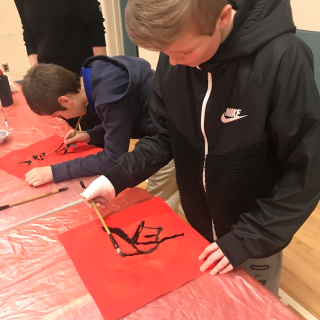
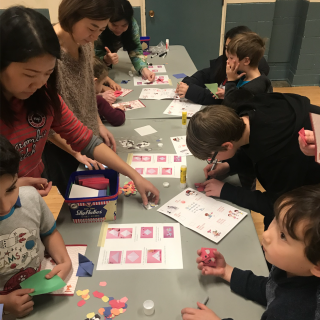
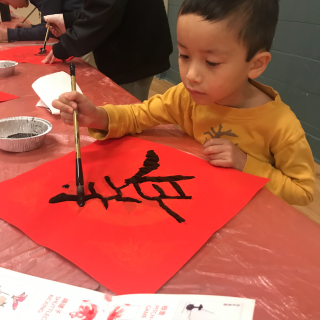
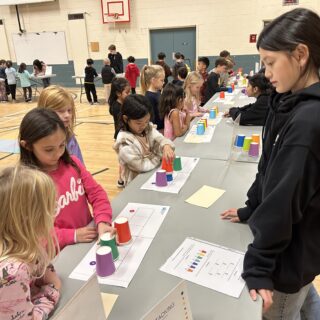
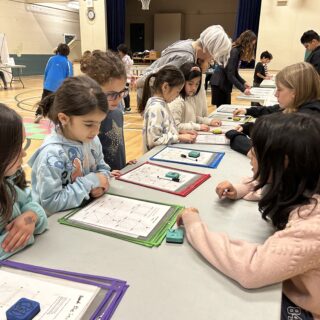
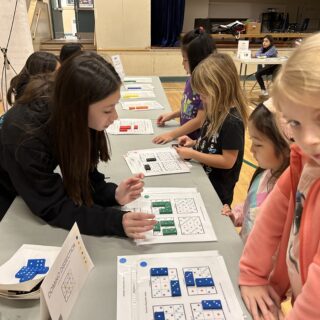
School Clubs
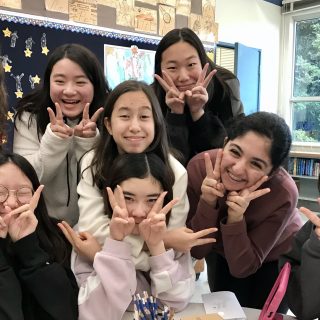
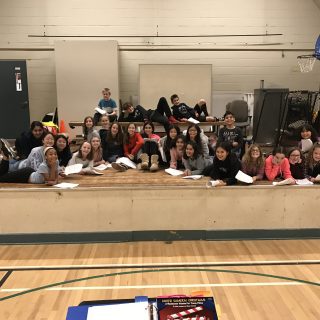
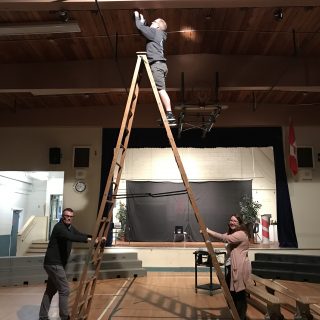
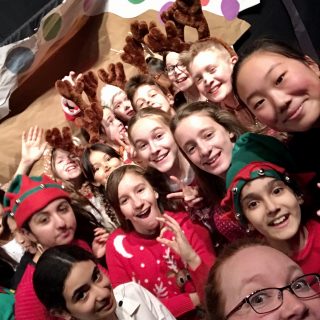
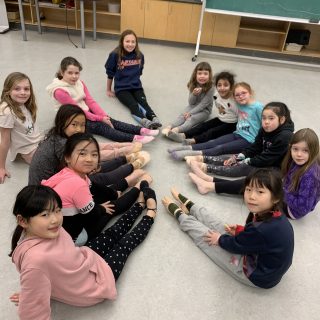
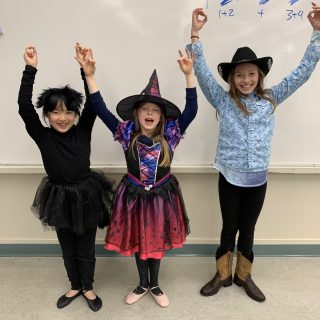
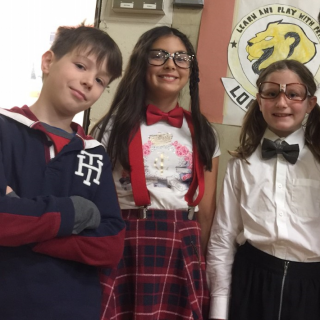
Spirit Days
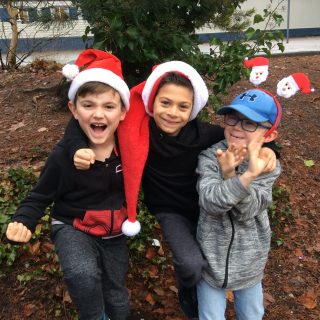
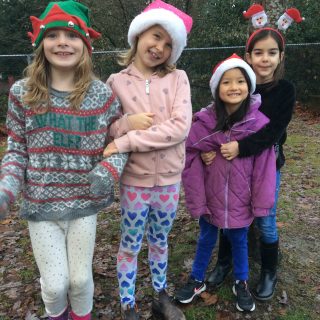
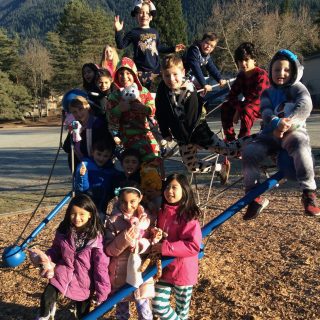
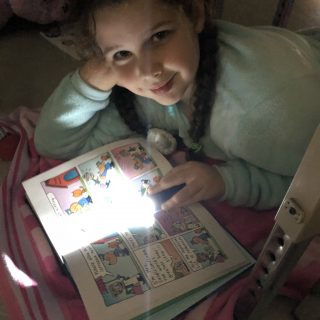
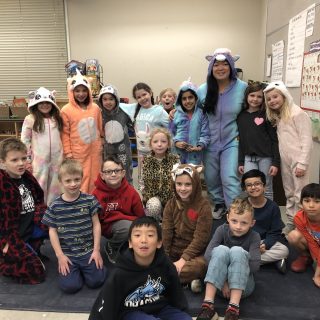
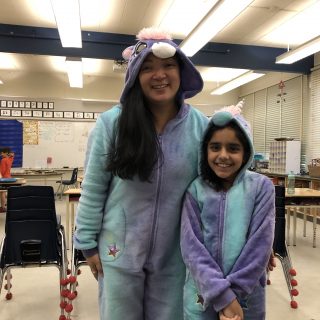
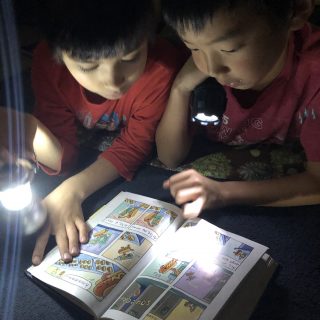
Classroom Activities
